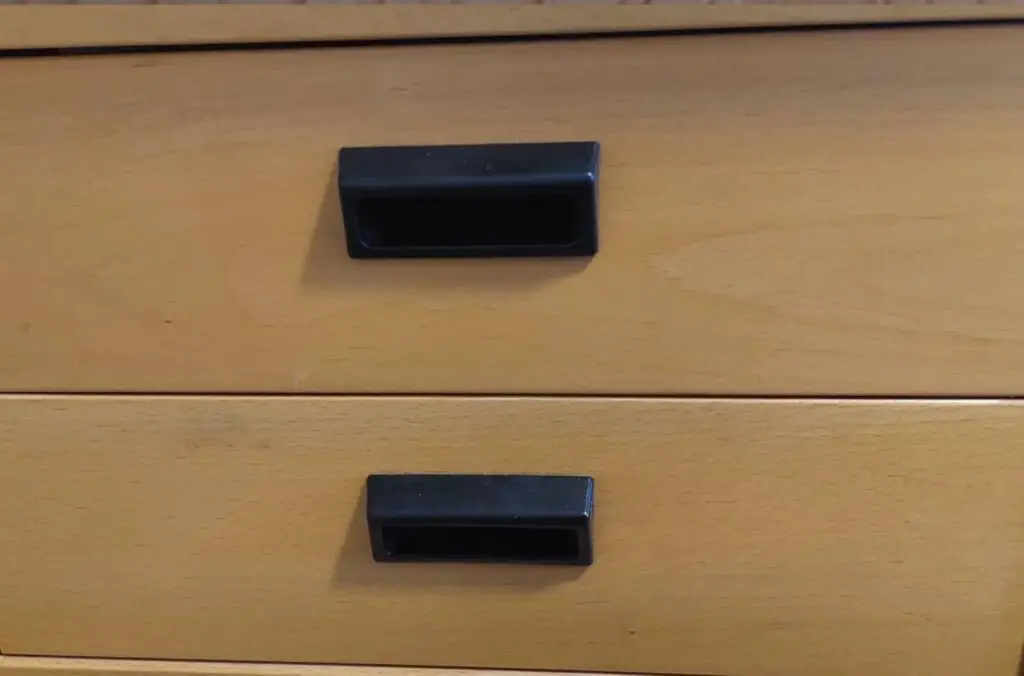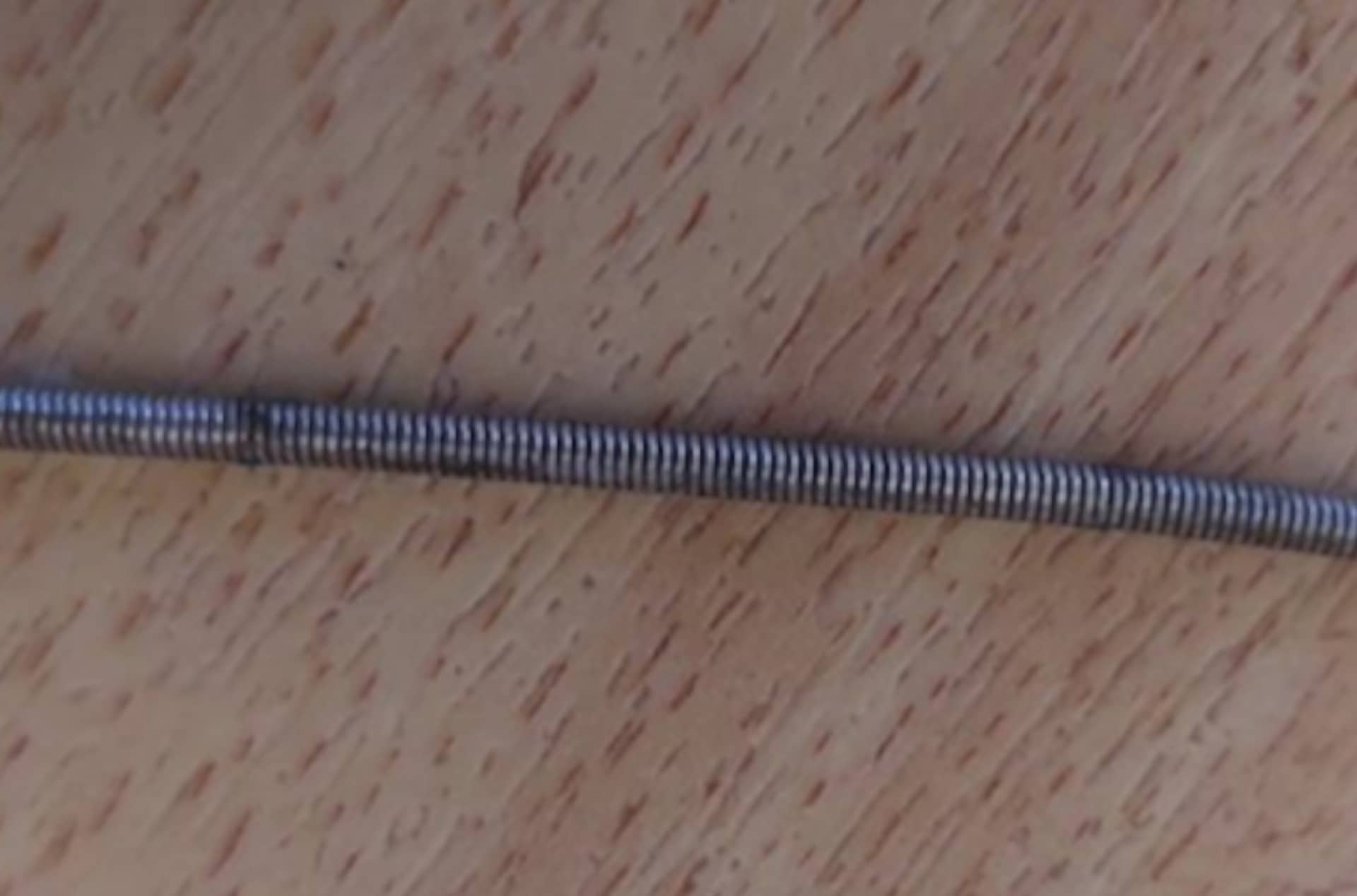This post contains affiliate links
When it comes to shelf life, bass strings are an interesting subject.
Most of the time, bass strings are strung shortly after purchase. Thus, when unopened string packs are kept for years, it can be hard to tell what will happen to them.
However, as long as you know what can affect the shelf life of bass strings, they can generally be kept for very long periods of time. Therefore, I decided to write this article to teach you everything you need to know about preserving your unopened packs of bass strings, as well as any loose strings you might have laying around.
After reading, you will know how long unopened bass strings last and how to properly store them. I will also show you what can happen to expired bass strings, and how to tell when your strings are no longer playable.
How long do unopened bass strings last?
In general, an unopened set of bass strings will not expire when stored correctly. The shelf life can decrease significantly if the strings are exposed to humidity or temperature changes or if the packaging is not completely sealed.
There are many factors that could decrease the shelf life of strings. If they are coiled too tightly, the strings will expand on the outside while becoming compressed on the inside. Because steel oxidizes, storing strings in a humid environment could also lead to the strings breaking.
Luckily, most bass strings are packed in a way that takes care of these issues. Packages are generally big enough for strings to not get excessively coiled. They also tend to be air-tight. Ernie Ball and D’Addario both package their strings this way, and DR Strings are even protected by a corrosion-proof system.
As a result, most bass strings can effectively be stored forever without the strings expiring. I’m yet to try it myself, but I’ve heard from multiple guitarists and bassists that they put on a set of strings they left unopened for years, and the strings feeling as good as new.
However, I’ve also heard a couple of stories from musicians who were not as fortunate. I’ve heard about several instances of old strings being more prone to snap when being strung. In one instance the strings were completely rusted down and unusable.
Thus, do not assume that old unopened bass strings will always be playable. This holds especially true if you are unsure whether they have been stored properly.

How do you store bass strings?
Bass strings should be stored at room temperature and unexposed to direct sunlight. Most manufacturers sell strings in air-tight packages that protect against moisture. Thus, a cupboard or a drawer is a fitting place to store bass strings.
In most cases, you can put your unopened bass strings in a closet or any other enclosed place. As long as it is in a room that remains close to room temperature (20–22 °C/68–72 °F) throughout the year, the strings will in all likelihood be fine.
The strings should also be kept away from overly arid or humid surroundings. Thus, living rooms, bedrooms, or home studios that keep a normal temperature are great places to store unopened strings. Avoid storing them in garages, attics, or basements.
Related reading: This is what happens when you leave your bass in the car.
If the packaging of your strings has torn, or you have loose strings laying around, you should package these before you store them.
You can do this by putting the strings in a ziplock bag. Make sure that the bag is big enough for the strings not to get excessively coiled. Ernie Ball string packs are 4.5″ x 4.5″ (11.4cm x 11.4cm), so anything close to this or bigger will be more than sufficient.
It is also a best practice to include a silica gel pack into the ziplock bag to make sure that any moisture is absorbed. For an affordable option I recommend these gel packs from AQUAPAPA as there is also a 100% money-back guarantee if you are unsatisfied with the product.
Lastly, it helps to pack and store your strings on a dry day if you have the chance. This will further reduce the chance of moisture affecting your strings.
What happens to expiered bass strings?
Bass strings that have expired have a muffled sound which is generally thought of as unpleasant. Expired bass strings can also have rust or dark spots on them, and can snap easier than fresh strings when strung on a bass guitar.
If bass strings are stored incorrectly for too long, there is a good chance that they will not be playable.
The strings could be harder to string on your bass without snapping. If you manage to string them onto your axe, there is a good chance they will not sound good or be comfortable to fret.
Expired strings generally sound dull, lifeless, and muffled. This produces a tone that can work in some rare cases, but for the vast majority of bassists, this is undesirable.
Most of the time you can also see whether a set of strings have expired. The strings will often change to a darker or rusty color at some spots, or in some cases across the whole string.
In extreme cases, an expired set of strings can be so rusty that they are barely solid objects anymore. If this happens, a string could even disintegrate when you try to pick it up.
Conclusion
For the most part, the shelf life of your bass strings is not something you have to worry about. You will generally put them to use sooner or later, and most sets are packed in air-tight packages that preserve them for years.
After all, bass strings are stored and shipped without loss of quality. Thus, as long as you go about it correctly, storing and transporting them is not an issue.
Keep your strings sealed air-tight, not coiled too tightly, and not too cold, warm, or humid. If your strings are not sealed properly, you can solve this with a ziplock bag and a gel pack.
If your bass strings have already expired, it will generally be easy to tell from their discoloring. You can recycle expired strings through DÀddarios string recycling program if this happens.

